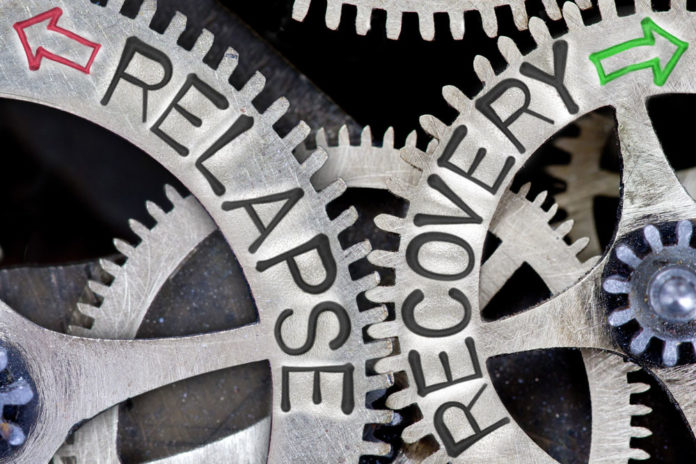A research project at California State University in San Bernardino identified several factors that may cause people who have completed their first 12-step program to relapse. Researchers hope that the identification of these factors helps equip social workers with the tools they need to help clients struggling with these issues, and decrease levels of recidivism.
Data was gathered by interviewing a sample of eight clients at a substance abuse rehabilitation center in Bloomington, California. The sample included both men and women over 18 years old, who had completed a 12-step program and subsequently returned to alcohol abuse. In order to avoid violating confidentiality, no demographic information was gathered for the sample.
A total of 11 questions were asked to volunteer participants during the interviews, which were conducted in a substance abuse treatment facility and usually took between 20 and 30 minutes. Researchers found several predominant factors that contribute to relapse after completion of a 12-step meeting.
The first was a lack of commitment to therapy. During the time spent at the addiction treatment facility, each person interviewed had been able to remain abstinent from alcohol. They had been participating in regular therapy sessions and in a 12-step program. None of the subjects interviewed relapsed during the time they were taking part in the 12-step program due to their residence at the drug rehab center.
The next significant factor was unemployment. More than half of the people interviewed had been unemployed at the time that they relapsed. The report suggested this happens because society holds employment as characteristic of a person’s status. As such, when a person is unemployed, they are at higher risk for relapse. In addition, the monetary stresses that come with unemployment can contribute to… (continue reading)
















